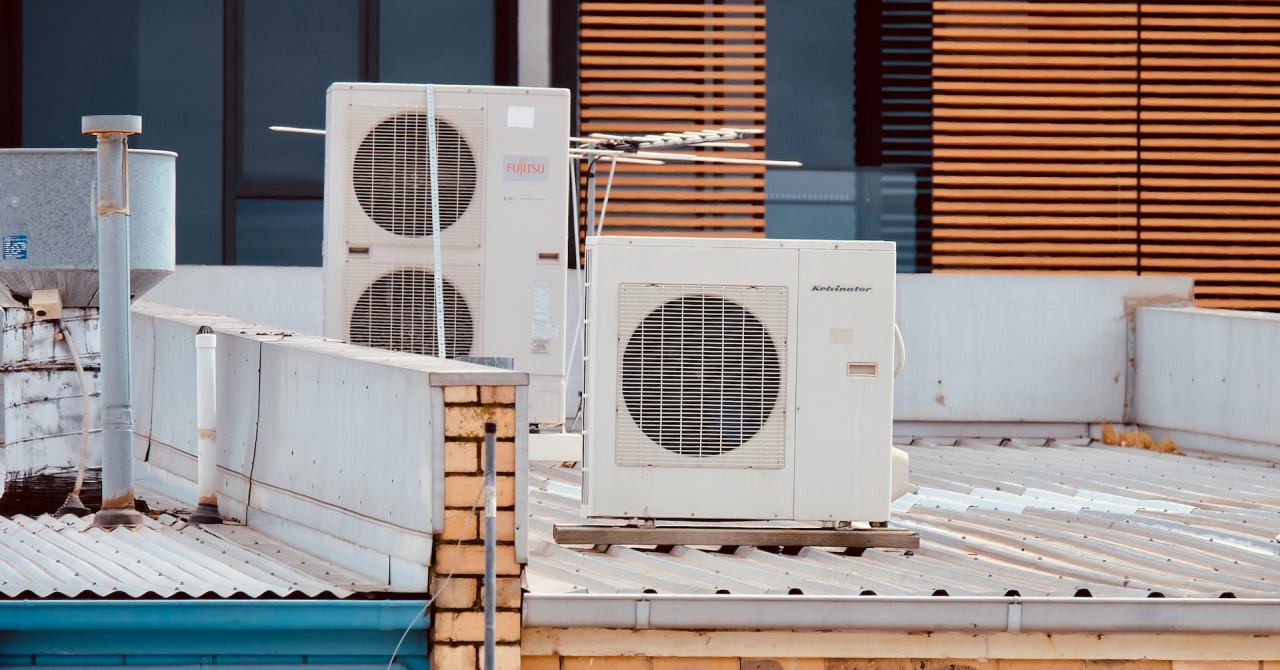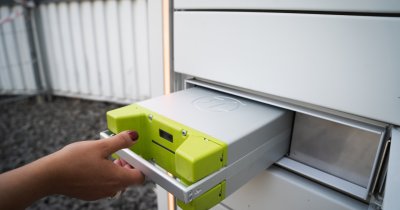Terra Daily writes that there is currently not known which countries are to sign up to the pledge and also unknown is whether large cooling-capacity consumers, such as India or China, will participate. China and India are among the countries where demand for air conditioning units is increasing at a fast pace and the situation holds true in Europe, as well, where AC demand increased following this year's heatwaves.
Experts at the United Nations warned that the current methods we use to cool ourselves account for about 7% of the planet's total amount of greenhouse gas emissions. Besides the raw energy needed to power devices such as fans and air conditioners, there is also the fact that AC units and refrigerators use polluting hydrofluorocarbons.
While currently the world uses around 3.6 billion cooling appliances, the demand to power these devices is expected to increase three-fold by 2050.
UN experts stated in 2020 that "without policy intervention, direct and indirect emissions from air conditioning and refrigeration are projected to rise 90 per cent above 2017 levels by the year 2050."
Through a Global Cooling Pledge, it is expected that we will be "reducing cooling-related emissions across all sectors by at least 68% globally relative to 2022 levels by 2050".
Negotiators around the world will meet in Dubai, starting November 2030, in order to focus on the planet's climate risks and opportunities, such as phasing out fossil fuels and transitioning to cleaner power output.
 Mihai - Cristian Ioniță
Mihai - Cristian Ioniță












Any thoughts?